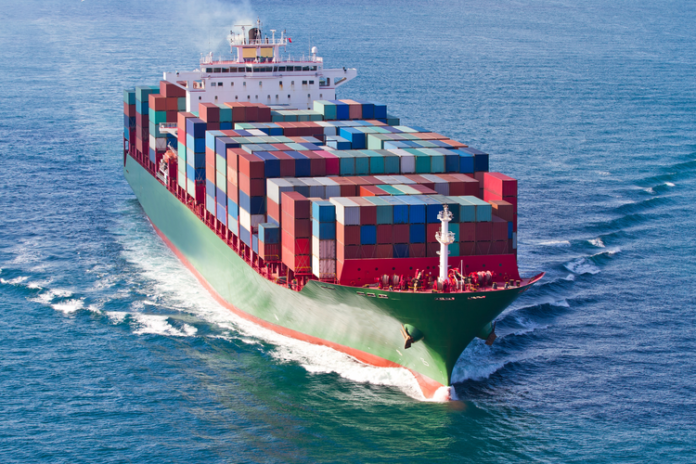NSC saves N2.7b on demurrage in 3 years
By Jeph Ajobaju, Chief Copy Editor
A total N2.7 billion was saved on demurrage by the Nigerian Shippers’ Council (NSC) between 2020 and 2022, according to Complaint Newsletter published by the agency.
The NSC said the fund could have been lost to shipping companies and terminal operators through demurrages, among others.
Up to 1,727 complaints were received in the three years, the NSC said, adding the highest number of cases (666) was handled and N2.5 billion recovered on behalf of the trading public in 2021.
__________________________________________________________________
Related articles:
Lagos Ports security agents extort bribe, cries AMATO
Pirates revel in lax security to increase attacks on vessels at Lagos ports
NIMASSA ramps up arsenal against maritime crime
__________________________________________________________________
Other cases and recoveries
“Similarly, a total of 648 cases of complaints were recorded in the year 2020 despite the coronavirus pandemic, with N57 million recovered,” the NSC explained, per reporting by The PUNCH.
“In 2022, a total of 413 cases was recorded, which was a clear indication of a sharp drop in complaints by the trading public, with a sum of N204 million recovered on behalf of shippers and freight forwarders.
“Some of them are excessive charges while some are demurrage or container deposit refunds among others. Some are also on damages of cargo.”
The NSC noted demurrage and detention remain high despite the decrease in the volume of cargo seaports.
Nigeria loses N10tr yearly to seaport corruption
About $7 billion (N3.1 trillion) is lost yearly by the treasury and business due to inefficiency, corruption, and bottlenecks in cargo clearing at Nigeria’s seaports, according to a report published in October 2022 by the Maritime Anti-Corruption Network (MACN).
Non-exports worth $10 billion (N4.36 trillion) are also lost as well as N2.5 trillion corporate revenues and N600 billion Nigeria Customs Service (NCS) revenue, MACN said.
MACN, a global sea trade and shipping group, calculated the figures in its 2021 annual report were produced in collaboration with the Lagos Chamber of Commerce (LCCI).
It acknowledged modest successes in addressing challenges but cited illegal charges, rent seeking, corrupt officials, and excessive delay in import and export processes as bottlenecks still causing huge losses.
“Despite the successes, challenges of ports administration remain,” MACN said.
“Users and operators at the ports continue to face lingering challenges that include infrastructure gaps, regulatory inconsistencies, the duplication of roles by Ministries, Departments and Agencies (MDAs), high rate of infraction by MDAs, cumbersome cargo clearing processes, absence of indigenous ship ownership, foreign exchange scarcity, multiple taxation and poor state of the roads to the ports.”
High cost of business operations
“These challenges, particularly in cargo clearance processes and nodal transportation, have created circumstances of excessive delays to import/export processes, red tape, rent seeking and corrupt demands, human and vehicular, in and around the ports, and illegal charges leading to high cost of business operations.
“Estimates indicate that the economic cost of these inefficiencies to the Nigerian government and private sector is as high as $7 billion annually.
“Broken down, the Lagos Chamber of Commerce and Industry (LCCI) further calculates that these annual losses amount to N600 billion in Customs revenue, $10 billion in non-exports, and some N2.5 trillion in corporate revenues, including a drop of 38-40 percent in industrial capacity utilisation.”
NSC Executive Secretary Emmanuel Jime previously said Nigerian ports are classified as the worst in the world due to the traffic congestion, safety and security concerns, and logistics shortcoming that plague them.
Convention of Business Integrity Chief Executive Officer Soji Apampa, Port Users Conference convener, explained the focus of the MACN Nigeria project is to use collective action to strengthen good governance, reduce corruption, and improve maritime investment climate.
“We achieve this by working with the industry to strengthen compliance with government regulation, stakeholder activism and public vigilance,” he said.













